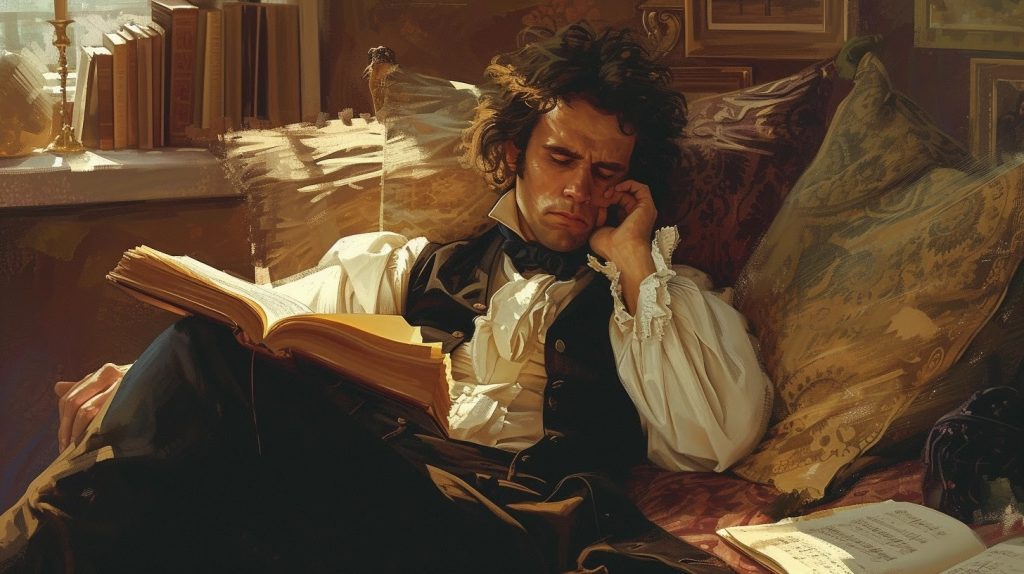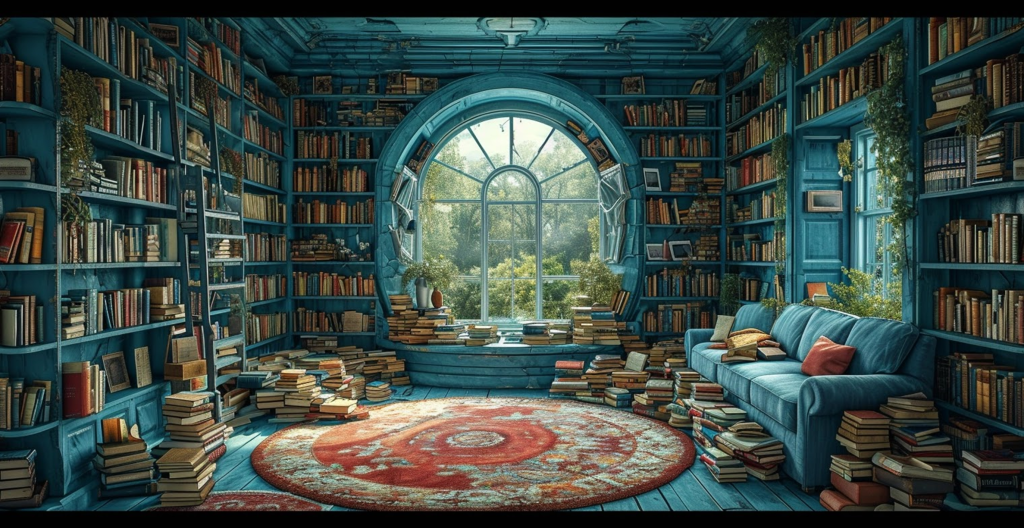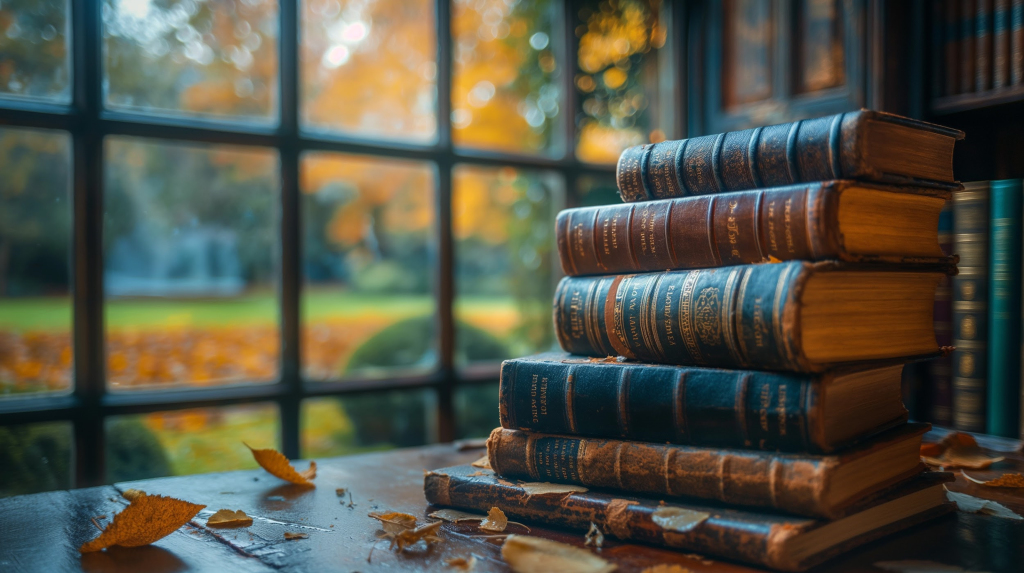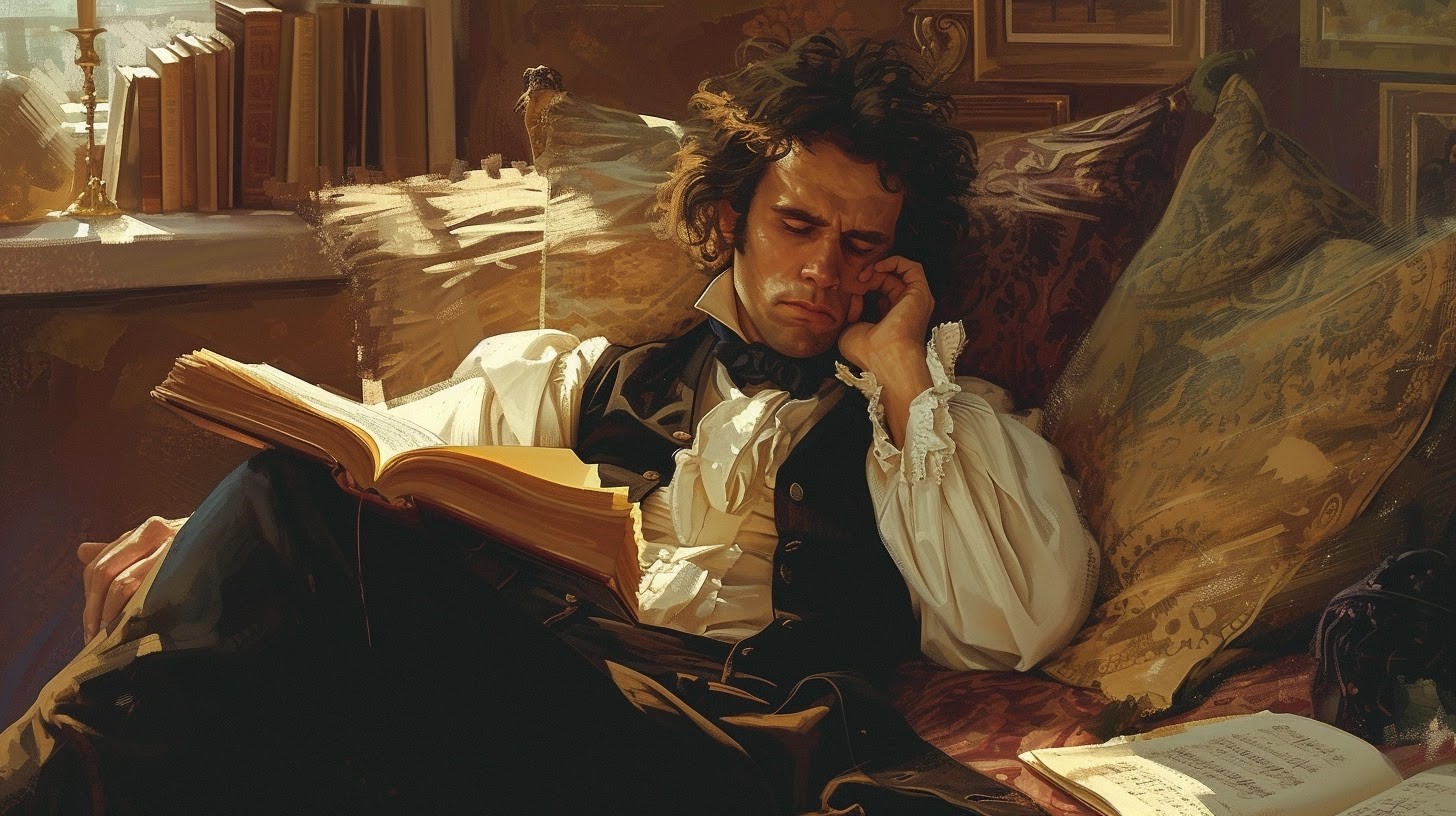
New here? Do you love books? Welcome to this exclusive guide on classic literature that you should read in a lifetime. If you are a fan of classic literature or thinking of getting into it, then getting started with this list of timeless tales is, undoubtedly, the best path.
Importance of Reading Classic Literature
Classic literature is indispensable in the world of writing in general. It plays an important role in the exact development of literature and the impacts on modern authors cannot be underestimated. Classic works enable the readers to experience more nuances in human life, the most typical topics, and the way of their coverage. These texts take readers to specific time and culture into history and come back to the roots. Classic texts explore classic topics: love, friendship, morals, life perspective, and growth.
Must-Read Classic Literature Books
When it comes to Bandar togel classic literature, certain books are considered must-read classics. These books have not left its readers neutral for several generations yet and are still considered masterpieces. The classical literature to read is: Pride and Prejudice by Jane Austen, a novel exploring love, marriage, and social norms in a much different society in 19 th -century England. However, the issues Austen raised through her sarcastic writing never get old. To Kill a Mockingbird by Harper Lee: this novel borders on racism, legal processes, and growing up in 30s America plagued by racial discrimination.
It is narrated from the first-person perspective of the young Lee. Great Expectations by Charles Dickens. This easily flowing narrative narrates the story of an orphan who dreams of turning into a gentleman. This story, written by Charles, is one of the most powerfully realistic tales of living and surviving as part of Victorian society. The Great Gatsby by F. Scott Fitzgerald – It is a sixth-word-shape masterwork that took part in the roaring twenties. This first book tells us the story of love and the great American dream through the eyes of Jay Gatsby. Again, one of the most loved items by many, which was both hated and forgotten by just as many. Which describes countless other novels, let alone the novels not listed in this summary, waiting for you to read. In this infinite world of classical literature.
Popular Authors in Classic Literature
The brilliance of classic literature is defined by the people who wrote it. These literary geniuses have carved a path through the art of storytelling and human condition perceptions. The most well-known classic literature authors include. Jane Austen – Emma, Sense and Sensibility, Mansfield Park, as well as other books of this writer distinguished by humor and accurate social themes, reveal the plight of a woman in the nineteenth century; Charles Dickens – Oliver Twist, A Tale of Two Cities, David Copperfield, as well as books by this outstanding writer, who better than anyone else reveals the ugliness of Victorian society and the life of the working poor.
Finally, although William Shakespeare was, of course, not a novelist, his plays – Romeo and Juliet, Hamlet, Macbeth, and other works are still not left indifferent to readers and help to understand the themes of love, tragedy, human life, and death. Emily Bronte – Wuthering Heights, her only novel, remains one of the tastefully cruel works in the Gothic style which positions a place situated on the Yorkshire moors as one of the characters viewers are excited to read about and see. These are just a few examples, and there are many other authors whose work outlived the generations.

Tips for Reading and Understanding Classic Literature
Classic literature can be a very rewarding but a difficult read. Below I offer several tips on how to better comprehend the classic’s timeless works: Context matters: firstly, you should get acquainted with the historical, social, and cultural context in which the book was written. It will help you to understand the setting and nature of the story. Reading pace: classic literature often requires a slower pace. Pay attention to the language, symbols, and character progression. Also, take breaks and think about what you have read – how does the story make you feel?
Literary criticism or annotations: many classic works have them available or provide some that come with the book. Use those to better comprehend the story and its symbolism and themes. Discussions: join a book club or discuss the classic work you are reading with someone who either has read it before or reads it at the same time. It can expand your own perspective or help you understand what you read better. Reading classic literature is not only about the number of books you have read. You must immerse yourself in the author’s universe and follow the authors’ ideas and themes.
Benefits of Reading Classic Literature
Classic literature has a lot to offer its audience in addition to its interesting plot. These are some more benefits one can get from immersing oneself in the world of the classics: Classic literature makes you think. Most often, authors of classical novels talk about complex ideas and painful themes, the comprehension of which often requires your concentration and brain activity. Classic literature expands your vocabulary and enhances your language; classic prose has always been distinguished by the richness of the language, which means you can find many new words and expressions. Classic literature teaches you empathy. After plunging into another era, country, way of life, and using a reincarnation of a hero from 200 years ago or 10,000 kilometers, you understand that the soul and emotions have not changed for centuries in man. Classic literature is a real catalyst for creativity. Creative writers are distinguished by the original structure of the narrative, the description and development of the characters, the method of their interaction with the world around them.
Classic Literature Adaptations in Movies and TV Shows
The timeless nature of classic literature has made it a favorite for films and television adaptations. It is a visualizable variant, a vision of the written offer intended to see the favorite plots and characters. The following are some examples of such variations: “Pride and Prejudice”, Joe Wright’s film version in 2005 with Keira Knightley in the lead role, became popular due to a good story and gaming scenes; “Great Expectations” Mike Nowell’s project in 2012 with Helena Bonham Carter and Ralph Fiennes must be viewed for visuals; Jane Eyre of 2011, a movie by Cary Fukunaga about Bronte’s gothic tale is a film with intense scenes from Mia Wasikowska and Michael Fassbender ho became critics’ favorites. These films provide an opportunity for more visually oriented people to discover the magic of classic literature.
Classic Literature Book Clubs and Communities
Sharing one’s love of traditional novels with people who feel the same way might be a terrific source of pleasure. A book club or online community of classic literature buffs may provide frequent sites to discuss thoughts, trade suggestions, and offer shared affection for the remarkable works. Classical literature book clubs provide a sense of belonging and the opportunity for thrilling conversations in person or virtually.

Resources for Finding and Accessing Classic Literature
It is a straightforward task to find and access classic literature in the digital age. Some resources to get you started discovering and enjoying timeless works of literature include:
- Project Gutenberg, which offers more than 60,000 free eBooks, and a significant portion of classic literature is included. These books are downloadable in various formats and can be read on any device;
- Local libraries have a vast selection of classic literature, which can be accessed by simply visiting the library or checking their online catalog to find both physical and digital copies;
- Online bookstores, including Amazon, Barnes & Noble, and Book Depository, where you can get your hands or digital copies of classic literature books; 4) Audiobook platforms such as Audible and Librivox have an audio version of classic novels. If you prefer listening to books but are always on the run or in motion, consider audiobooks as a way to get some reading done. With these resources, you can begin your literary journey through the world of classic literature.

Classic literature is a critical part of the literary canon. The mentioned works provide readers with a collection of stories that stand the test of time, critical themes, and exciting people. This form of literature makes one understand the power of stories and witness the lasting impact of the most significant pieces. Therefore, take your book, cover yourself with a warm blanket, and get transported to a different era by classic literature. Good reading!
